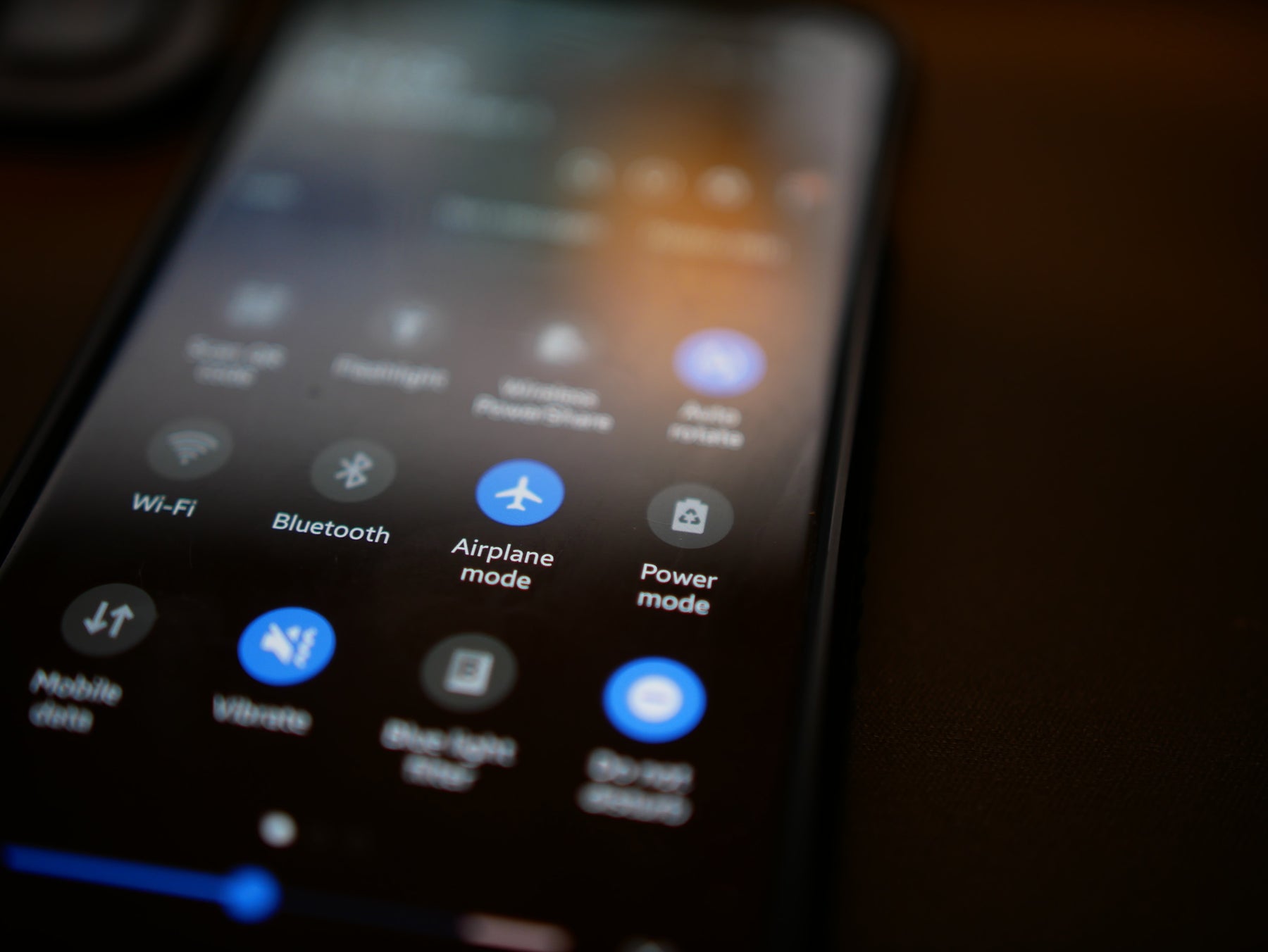
The Benefits and Risks of Taking Lithium Batteries on Planes
With the growing prevalence of portable electronic devices, lithium batteries have become essential components in our daily lives. These high-energy-density power sources can be found in smartphones, laptops, cameras, and more. As air travel has become more interconnected with technology, the transportation of lithium batteries on airplanes has become a topic of interest. In this comprehensive article, we will explore the benefits and risks associated with carrying lithium batteries on planes, and provide tips on how to safely transport them during air travel.
The Importance of Lithium Batteries in Air Travel
Lithium batteries are indispensable for modern air travelers, powering a variety of electronic devices that keep passengers connected, entertained, and productive during flights. The convenience of having access to these gadgets has made lithium batteries an essential part of air travel.

Benefits of Carrying Lithium Batteries on Planes
The transportation of lithium batteries on planes offers several advantages, including:
Enhanced Connectivity and Productivity
Travelers often rely on their electronic devices for communication, work, and entertainment during flights. By allowing lithium batteries on planes, airlines enable passengers to stay connected and productive throughout their journey.
Emergency Power Supply
Lithium batteries can serve as an emergency power source for essential electronic devices in case of unforeseen circumstances. In this capacity, they provide a valuable backup resource during travel.

Despite their undeniable benefits, lithium batteries also pose potential risks when transported on airplanes, such as:
- Fire Hazards
Lithium batteries can overheat and ignite under certain conditions, posing a fire hazard on aircraft. These fires can be challenging to extinguish and may cause severe damage to the airplane and its passengers.
- Damage and Leakage
Improper handling or storage of lithium batteries can result in damage or leakage, leading to potential short-circuiting and increased fire risk. This highlights the importance of proper transportation and storage procedures.

To minimize the risks associated with carrying lithium batteries on planes, travelers should follow these safety guidelines:
- Adhere to Airline and Regulatory Policies
Airlines and regulatory authorities, such as the International Air Transport Association (IATA) and the Federal Aviation Administration (FAA), have established guidelines for transporting lithium batteries on planes. Travelers should familiarize themselves with these policies to ensure compliance.
- Use Proper Packaging and Storage
When transporting lithium batteries, they should be securely packed in their original packaging or a protective case to prevent damage. Batteries should be isolated from metal objects to avoid short-circuiting, and any loose terminals should be covered with insulating tape.
- Carry-On vs. Checked Luggage
Lithium batteries should be transported in carry-on luggage whenever possible to minimize the risk of fire spreading in the cargo hold. Most airlines prohibit lithium ion batteries in checked luggage, those batteries must be put into carry on and screened through security before the departure gate.
www.dandolighting.com
Visit the Blog
lithium batteries, air travel, electronic devices, smartphones, laptops, cameras, convenience, connectivity, connectivity, productivity, communication, work, entertainment, flights, emergency power supply, essential electronic devices, unforeseen circumstances, backup resource, fire hazards, lithium batteries, overheating, ignition, aircraft, extinguishing, damage, damage, leakage, lithium batteries, short-circuiting, fire risk, transportation, storage procedures, airline policies, regulatory authorities, International Air Transport Association (IATA), Federal Aviation Administration (FAA), guidelines, compliance, proper packaging, storage, protective case, damage prevention, short-circuiting, insulating tape

Leave a comment